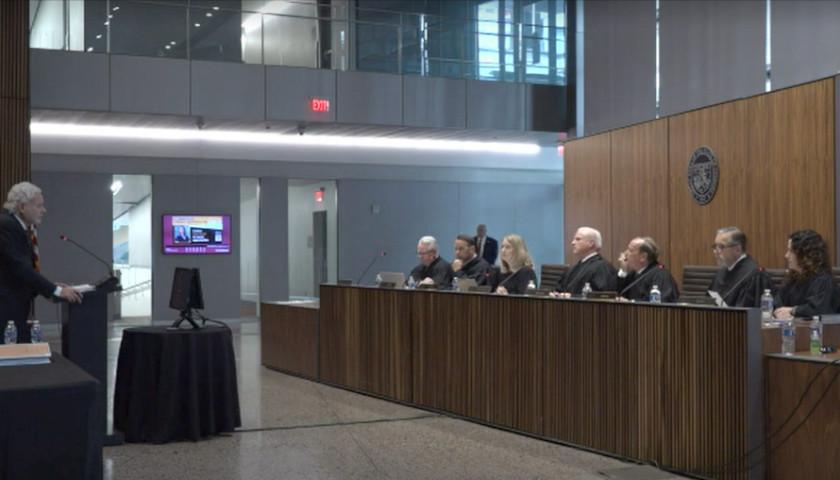by Anthony Hennen
Recent audits in Bucks County show some minor problems in pension plans, but also steady improvement from years past.
In an audit for the Central Bucks Regional Police Pension Plan, the auditor general criticized officials for inconsistent and authorized pension benefits. Pension plans are governed by Act 205 and Act 600 in state law, which sets regulations and guidelines on allowable pension benefits.
However, the latest collective bargaining agreement between police officers and the regional police commission “granted a length of service increment in excess of the plan’s governing document,” the report noted.
The agreement in 2016 increased pension benefits, adding an extra $500 monthly service increment for officers who retired after 26 years of full-time service. That benefit was changed in 2021, granting officers $100/monthly after 26 years, increasing $100/month annually until maxing out at $500/month after 30 years of service.
While the revision in 2021 aligned with the requirements of Act 600, the 2016 agreement didn’t. One retiree thus received “excess benefits of $200 per month,” the report noted, totaling $1,800.
The excess benefits paid out from the pension plan are ineligible for funding from state aid, meaning the cost will fall on local taxpayers. The auditor will determine whether the excess benefits affected state aid; if an overpayment happened, the county must return the overpayment.
The pension plan’s funded ratio does not appear to be an area of concern. As of January 2021, it had a 77 percent funded ratio, higher than some statewide pension plans, as The Center Square previously reported.
A smaller pension plan, the Bucks County Regional Non-Uniformed Pension Plan, also had a few issues, according to an audit.
While only covering four active members and one retiree, the auditor general found that officials had not resolved all issues found in a prior audit. A previous audit noted officials hadn’t properly funded the pension plan as required by Act 205, didn’t determine the minimum municipal obligation for the plan, and failed to budget and pay the MMO.
“The commission did not fully pay the recalculated MMOs,” the report noted, after transferring funds from former pension plans. As a result, county officials have an outstanding obligation of $5,600 to the plan, which they must add to the current year’s MMO, along with interest.
Despite the lingering problem, the pension plan has made notable progress. In 2017, it only had a 23 percent funded ratio, which has increased to almost 90 percent in 2021.
– – –
Anthony Hennen is a reporter for The Center Square. Previously, he worked for Philadelphia Weekly and the James G. Martin Center for Academic Renewal. He is managing editor of Expatalachians, a journalism project focused on the Appalachian region.
Photo “Bucks County Sheriff’s Office” by Bucks County Sheriff’s Office.





